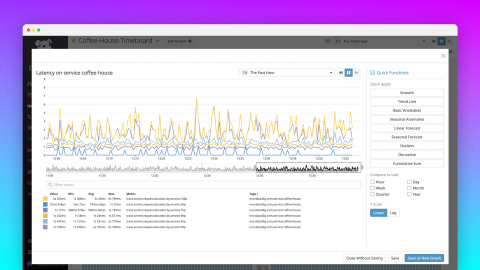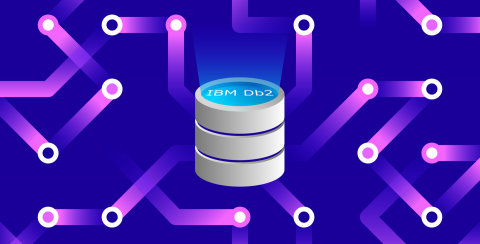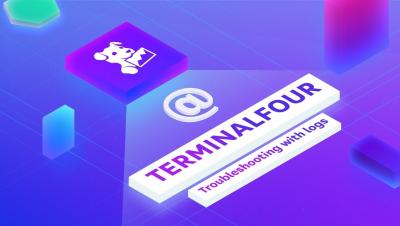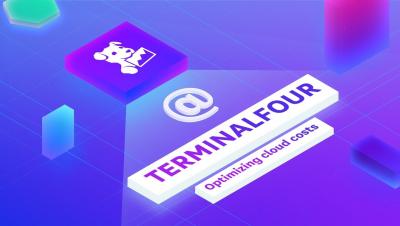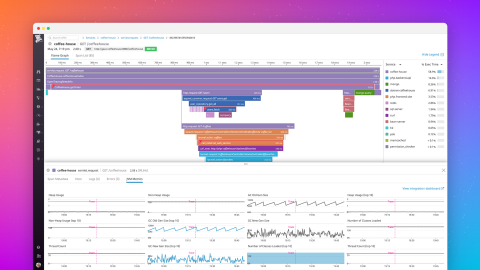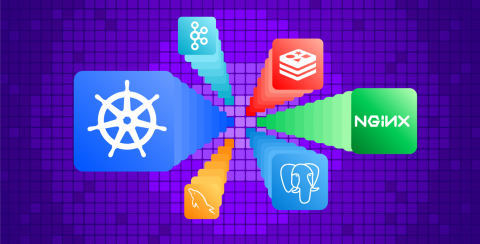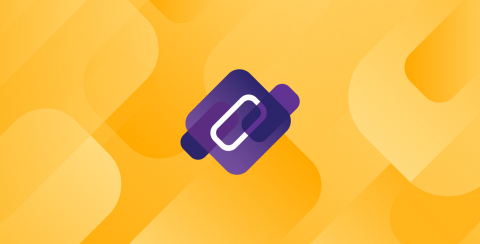Monitor Presto with Datadog
Presto is an open source SQL query engine that runs analytics on large datasets queried from a range of sources, including Hadoop and Cassandra. Presto was originally developed by Facebook to run queries on its large Apache Hadoop data warehouse and is now used as an interactive analytics tool at companies like Airbnb, Uber, and Netflix.



